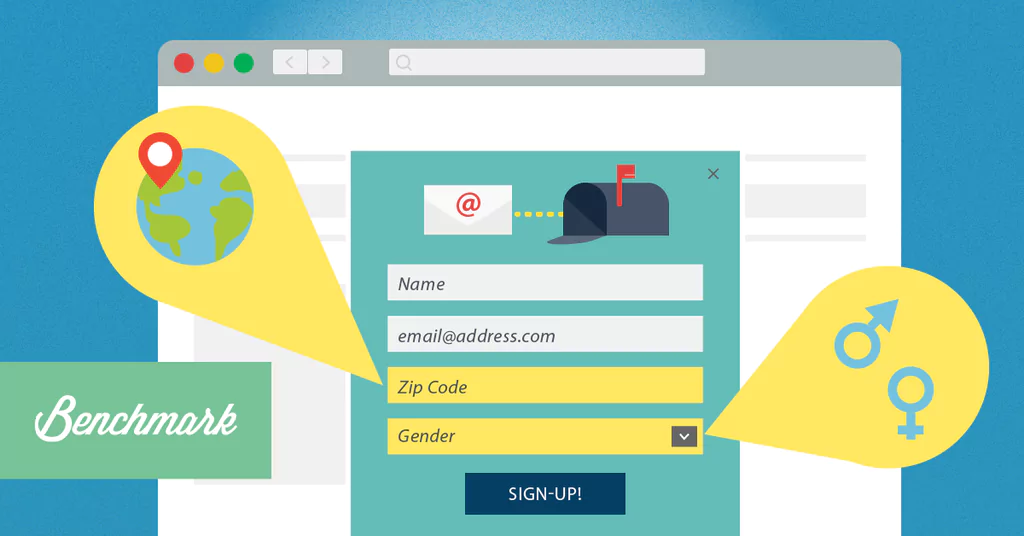This week has been a week of India travels for me. I am visiting our offices in Delhi, and then our programmers in Mumbai and finally onto our new CRM development team in Kerala. I am actually on that flight as I write this. I like the Indian culture and country. I always find them to be quite friendly and talkative when I do get a chance to chat.
So, back to our Going Global series. What are the challenges that we are facing being a smaller, but global company?
In one word, resources. Since we are a small company, we don’t have a lot of them for each region. Each country must wear many hats: business development, sales, content management, translations, accounting, administration and other chores that might be required. In this blog, I will focus on some of the large concepts and challenges that are created by being global.
As an example, we recently just launched a new homepage, brand and logo. So, of course, the design must support all the languages we are in (English, French, German, Spanish, Italian, Portuguese, Chinese – simple and traditional – as well as Japanese). So, designing for nine languages is not easy and can really slow down the process. Does it translate well? Do we keep some of the English words? Is the spacing correct?
We often have to get the translations from everyone to move forward, and if they are busy with other activities, it can take a few days which slows the whole process. In addition, almost every region has an opinion of what the page should look like or what is important for their region. This is understandable but again takes up time. We have a homegrown language Content Management System, which does give flexibility and an order of control, but the process still seems a bit lethargic.
The top 5 issues with managing multiple languages for a small company, and maybe a large company as well, are:
- Getting the desired results from your web pages based on the nuances and meaning you are trying to communicate to a particular country.
- The management of getting translations completed for nine different languages in a timely manner.
- Business development. In China, the phone is used heavily. There’s a lot of making cold calls and talking with customers to take orders and getting six-month or annual written contracts. Compared to the U.S. and Europe, where business is mostly driven by online credit card transactions. This makes the business development process hard to standardize, and requires a lot of customization, making it more difficult to scale.
- Taking local payments. In some of our regions, mostly in China, India and Latin America, we have allowed local payments to happen. We did this for a couple of reasons. One to get the business in the first place. Second, because in those regions companies can’t deduct the payments as an expense unless they get a service tax credit. That usually requires a local payment.
- Just plain old communication. Time differences are real and challenging. Even though we use as many tools as we can (Skype, Slack, SMS, phone, Whatsapp … you name it), people just can’t work at the same productive creative level all day long. It takes its toll. For most people, their thought process at 10-12PM is not as good as it was between 8-11AM. When you multiple that week after week, sometimes day after day, it gets tiring.
- Marketing is customized for each region, which again takes more time and doesn’t allow for standardization. India, Brazil and other regions allow us to get very low-cost freemium signups, which we then can sift through to find the gems who will purchase our product. However, in the U.S., Europe and Japan, PPC is expensive to get free users.
To summarize, it’s fair to say that managing a small, global company with many local offices poses it’s challenges in scaling the operation. However, one benefit of going global early on is that we understand the difficulties and start to iterate our processes. So, every quarter that goes by we get better and better. Kind of like an AI machine (if only we could iterate as quickly). Also, in some markets, we are the early offering with such a rich feature set that gives us some advantages.











